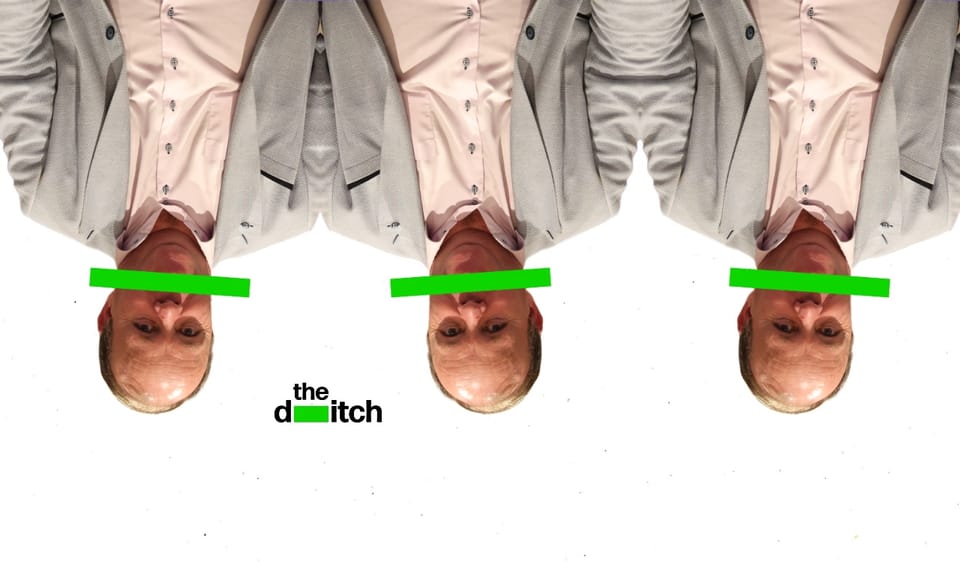Fine Gael senator Paraic Brady hasn’t declared a house he built in Longford – and the council he used to serve on won’t release records showing what he told planning authorities about his property holdings when he built it.
Brady continues to list another nearby address in company filings and annual ethics declarations – but has repeatedly failed to declare the house he received permission to build in 2017. Under Longford County Council’s rural housing policy, applicants for houses like Brady’s must demonstrate a local housing need and typically not already own a suitable home in the area.
It is a criminal offence punishable by up to two years’ imprisonment for councillors to fail to declare property interests or directorships.
On Monday The Ditch reported that Brady failed to declare a property sale to Longford County Council for €67,000 – nearly double what he paid for it – while sitting on the council committee that oversees social housing. The Ditch also reported that Brady failed to declare more than €16,000 in farming income.
A fine house. Never declared
Planning documents obtained by The Ditch show Paraic Brady and his wife in November 2016 applied to build a two-storey, 330-square-metre house on farmland in Derawley for their "own use".
He applied for permission to build the house on a site registered to Patrick Joseph Brady – a name linked to land in Barragh Beg where Brady has declared farming activities.
The council granted planning permission on condition Brady or an immediate family member live in the house for seven years, among other stipulations.
Land Registry records show Brady already owned a house nearby, which he continues to list as his home address in company documents and ethics declarations.
Longford County Council hasn’t published Brady's local needs assessment form – a document that would show if he disclosed the properties he owned when seeking planning permission for the new house. The council has cited privacy concerns.
While the policy accommodates farming families and landowners, it requires that existing property interests be disclosed and may disqualify applicants who already own a house nearby.
The application, said a planner’s report, complied with its rural housing policy “based on the submitted documentation which demonstrates a housing need and compliance with the local needs criteria”, noting that “the applicant's father” farms the land.
The Ditch has requested a copy of the local needs assessment form from Longford County Council. The council hasn’t published the form – nor has it released it to The Ditch.
Brady still lists his original Drumlish home – a separate property from the undeclared house – as his residential address in company filings and public declarations.
He has never declared the house in any of his annual ethics forms since 2021 despite being legally required to list all property interests. The senator declared farmland in Derawley on the same forms where he lists farming as an activity.
Brady and Longford County Council have been contacted for comment.


